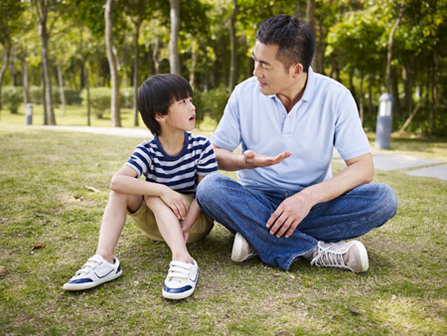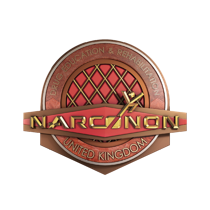11 Tips for Educating Kids about Drugs

1. If you are abusing drugs yourself, get help!
Most importantly, if you are abusing or addicted to drugs yourself you won’t be able to hide this from a child. And all of the following steps can become wasted if they come across as hypocritical. The first step for a drug-free child is certainly drug-free parents.
2. Talk to them about drugs
Talk to your kids about drugs regularly; don’t think because you had one token conversation or even a thorough conversation that that is enough. By bringing it up at different moments, you will be catching them at different times in their life. At different ages, there will be different views, and different levels of exposure to drugs in their environment. Regular conversations show that it is important to you and gives them a time to ask questions that have arisen.
3. Start educating children at an early age
Don’t think that younger children won’t understand. Learning the good from the bad is a natural thing when growing up. ‘Don’t eat mud it is bad for your body,’ can naturally progress to ‘Don’t do drugs they are bad for your body.’ Simple education is the best way to start and later you can always supplement and expand on the groundwork already there.
4. Research the facts about drugs
Make sure you yourself know the facts. If you are talking to your child openly and they are asking questions it is good to be up to date and knowledgeable. This allows you to educate better as well as not missing out on any important developments in the world of drugs that may hit your child before they hit you.

5. Keep an open line of communication
There is nothing more important than this. Your child should feel they are free to ask questions about drugs, to admit that they have been around them, to tell you about something weird they may have seen or even that they have tried it. You want your child to feel safe to come to you and ask questions about lies they may have heard from drug dealers or other kids, or tell you about any incidents they may have been involved with in taking drugs, whether intentionally, or by accident or unknowingly.
6. Define what a drug is for your children
It may seem obvious to you, but without a clear meaning, the word and whole area can seem confusing. Drugs are basically poisons, all of them, and they can do all sorts of things to the body. The quantity required of different drugs to stimulate, depress or overwhelm the nervous system all vary and it helps a child to understand how drugs work so explain all of this to them.
7. Define addiction for your children
It is important to understand the difference between taking a drug, and being addicted to a drug, particularly where alcohol is concerned. Knowing what it means to be dependent on a drug will open up the understanding of drugs and their effects.
8. Be strong in your own viewpoint about drugs
Make sure you are certain about the dangers of drugs yourself, how you feel about it will come across to children when you talk about it. Once you feel certain, make sure you fully and clearly explain this to your children. The harm drugs can cause to themselves and people around them, the effects on one’s health, the potential for accidents and even death. Make sure they understand this includes painkillers and pharmaceutical drugs.
9. Know your children’s friends
Though you can’t control who your children’s friends are, you can at least get to know them. You can encourage and advise them to find well-meaning friends, who share an anti-drug view. If you observe any friends who appear suspicious, it at least allows you to keep an eye on them and maintain the open communication with your children.
10. Give them drug education materials they can look at themselves
No matter how open you are about it and try to be, sometimes children may not feel they can talk about it. Also, having materials to hand allows a child to browse through something they are curious about or have questions on and get the true facts in their own time.
11. Praise your kids for what they do right!
This may seem a little unrelated, but when advising against the negative, it is also important to praise the positive. When everything becomes negative, children often want to rebel. Where many good things are praised and appreciated, it can build a positive lifestyle and is a good forerunner for positive life decisions.


